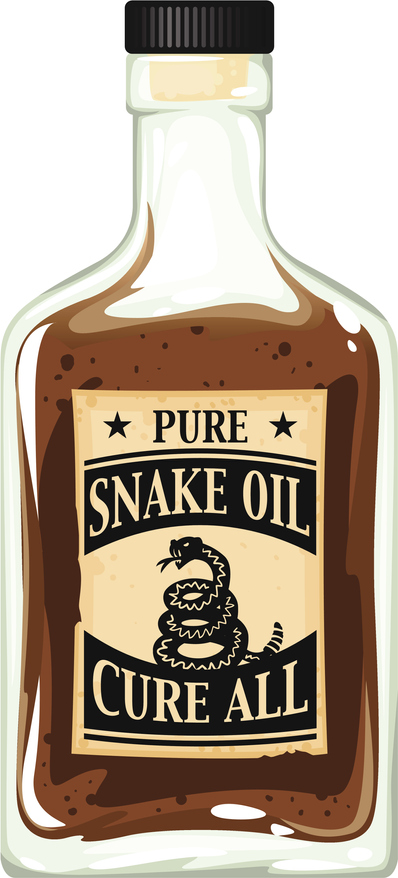I cringed while reading the opening two paragraphs of the article (here) written by Lawrence J. McQuillan in The Hill titled “How a reformed FDA can speed up delivery of lifesaving drugs”:
The Biden administration favors a proposal to waive patent protections for the COVID-19 vaccines. But there are other ways to remove impediments to pharmaceuticals that would accelerate development of lifesaving drugs and improve access. Bold reforms of intellectual‑property law and the Food and Drug Administration (FDA) are required.
For example, the mandate of the FDA should be changed to require it to evaluate and certify only the safety of a proposed new drug, not its efficacy. Such a change would keep dangerous drugs off the market but allow safe drugs to be distributed sooner. That way, people who could benefit from new drugs could obtain them faster, cutting the time in which manufacturers were left uncompensated for their efforts. This reform would reduce the high cost of drug development.
By reform the FDA, you mean go back to 1938 when drugs only had to be approved for safety?? For what? To reduce the period of patent protection and potentially lower drug costs? How about patient protection against drugs that don’t work? Has Mr. McQuillan considered the cost of a patient taking drugs that don’t actually work? How about a new blood pressure medicine that the FDA finds safe under this ludicrous proposal, but has no efficacy whatsoever, so does not lower your blood pressure? How many heart attacks and strokes would be attributed to this “new safe” blood pressure medicine?
Let’s be real here and not get lured into the notion that snake oil should be brought back into our mainstream drug supply. If this proposal were adopted, you might drop drug costs based on reduced research and development and FDA time in review, but those costs shift into the other components of the healthcare sector; hospitalizations resulting from medications that are not proven to be effective would certainly offset any savings. Let’s not step back in the past. There are “right to try” laws and compassionate-use provisions that permit patients with no other treatment options to try experimental drugs, but in a time when cost considerations are shifting to metrics that might require costing and payment for drugs if they present an advantage over existing treatments, how can this proposal be given any credence? Let’s hope it doesn’t gain any traction.




